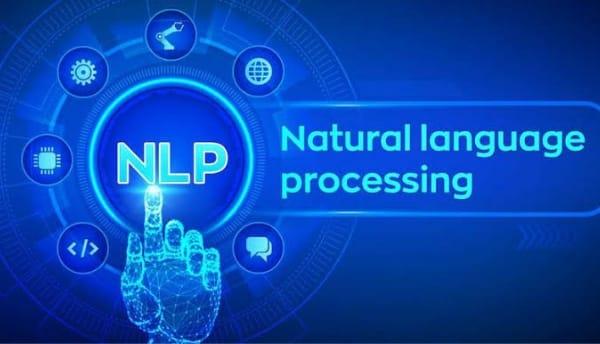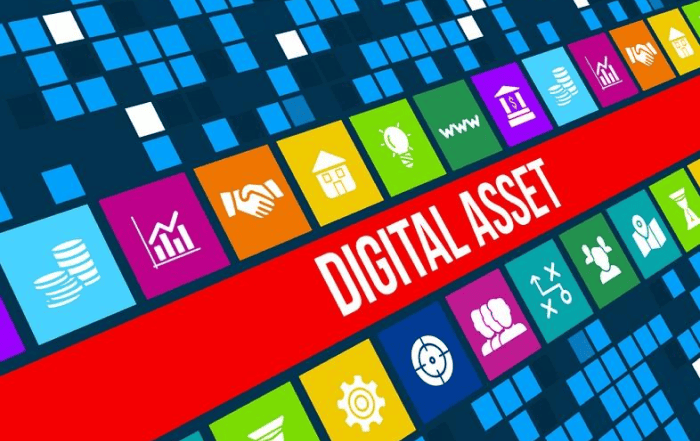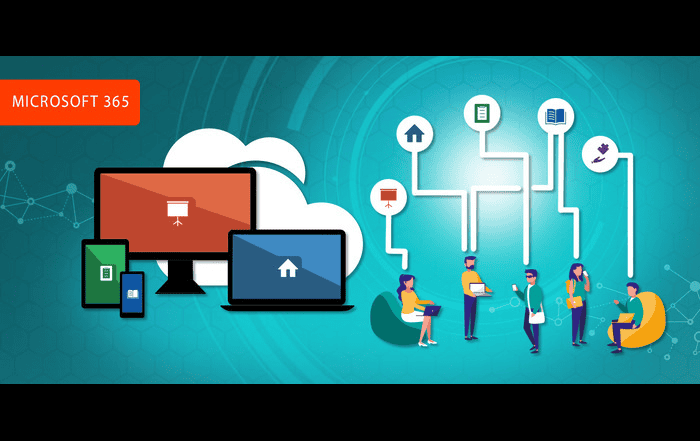
Artificial intelligence is considered as the revolution of this century and the triggering element towards the fourth industrial revolution, also known as industry 4.0.
What is artificial intelligence?
Artificial intelligence (AI) is the intelligence of machines. This definition refers to the reasoning faculties of some lifeless agents, better known as robots.
2016 and 2017 have been the years of the AI but a process of incorporation of artificial intelligence to different industries and to society, in general, has been later demonstrated. For this reason, technological companies are focusing all their resources on the development of AI and competing to create the most innovative product.
Like many innovations, the development of artificial intelligence is creating “bubbles” due to the high expectations it has generated. The truth is that it is a very attractive technology, but for this reason it is necessary to be cautious and avoid what is known as the “AI winter”, an analogy to what is known as the nuclear winter after an atomic bomb.
Certainly, throughout history there have been resounding failures within the scientific community due to the lack of success in the practical application of innovations that in their beginnings generated great expectations. Something like this can happen with artificial intelligence if its rhythm of production and development is not matched to the process of assimilation and adaptation of society to the incorporation of robots in industry and daily tasks.
Technology companies often focus so much on innovation and development that they forget or underestimate the importance of society’s acceptance and embrace of new designs. This can condemn artificial intelligence to failure.
Artificial intelligence brings with it a series of questions and problems that can hinder its insertion. Some of these concerns are:
- The destruction of jobs: the labour market can be greatly affected by the incorporation of artificial intelligence, as many of the tasks that are currently performed by several human beings will be performed by a single robot more efficiently.
- Control: in fiction we have often seen robots come to life and stop obeying the orders of their creators to the point of posing a threat to the human race. Recently Facebook had to deactivate one of its artificial intelligence projects because it had developed a language on its own. Therefore, it is convenient to analyze and evaluate to what extent it is safe to develop AI.
- The lack of personal treatment: Most of it is a cultural factor, there are countries that appreciate it to a greater extent while for others it is not such a relevant factor. The truth is that for a significant group of the world’s population, personal treatment when establishing commercial relations, closing deals, being attended to in a bar or simply personal treatment in the supermarket is an added value and even essential in some cases.
But these queries do not mean that we should stop innovation, but simply adapt it to the circumstances and gradually implement it. In addition, we can always find other digital alternatives that combine both the advantages of technology and the preservation of personal treatment.
One of these technological alternatives is IP telephony, which allows us to make more efficient use of telephony while still fulfilling its traditional function of making and receiving calls. It has not changed the what but the how.
IP telephony is consolidated in sectors such as telephone customer service, and this is because although it seemed to be a key sector for artificial intelligence and in which they could be more useful, customers have been displeased when they have been served by a Robot.
We talk about IP telephony as a great advance and solution in this field because it offers the advantages of the digital but at the same time offers customers the personal treatment that generates confidence when consulting information or handling a complaint.
Some of the advantages of IP telephony are:
- Flexibility: thanks to the new WebRTC technology developed by Google, it is possible to convert any device with an Internet connection into a normal telephone. The WebRTC lines allow you to call from your computer, smartphone or tablet.
- No equipment or installations: The WebRTC works through the browser so there is no need to buy special equipment or download any software. Thanks to its way of working, it is possible to have your phone on any computer or mobile regardless of whether it has been connected through it previously.
- Ubiquity: If some workers in your company need to move, travel, work from home … a virtual PBX with WebRTC technology allows anyone to answer your company’s calls from anywhere in the world.
- Functionalities: IP telephony lines admit the incorporation of functionalities such as call recording, waiting queues, options menu, elaboration of statistics on calls…
This is just one example of how to adapt technology to customer needs without slowing down innovation. Artificial intelligence is indeed generating a lot of expectation but companies should not ignore cultural factors so that the implementation of robots is done in a satisfactory way.








